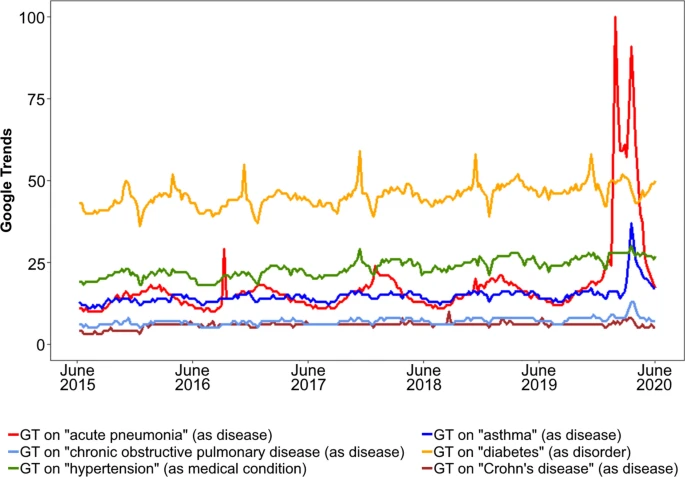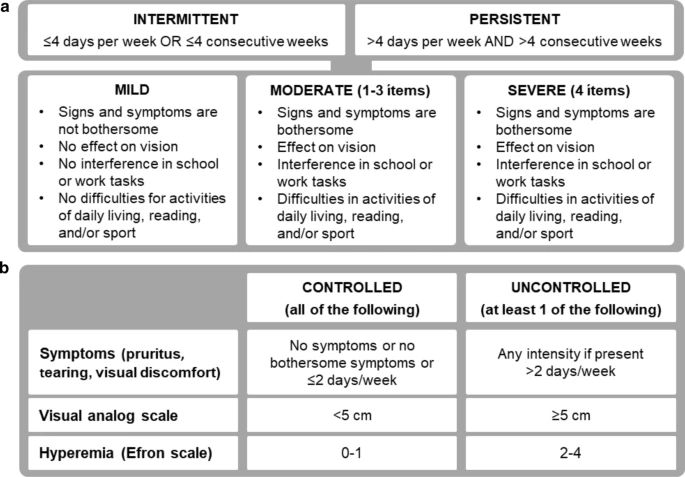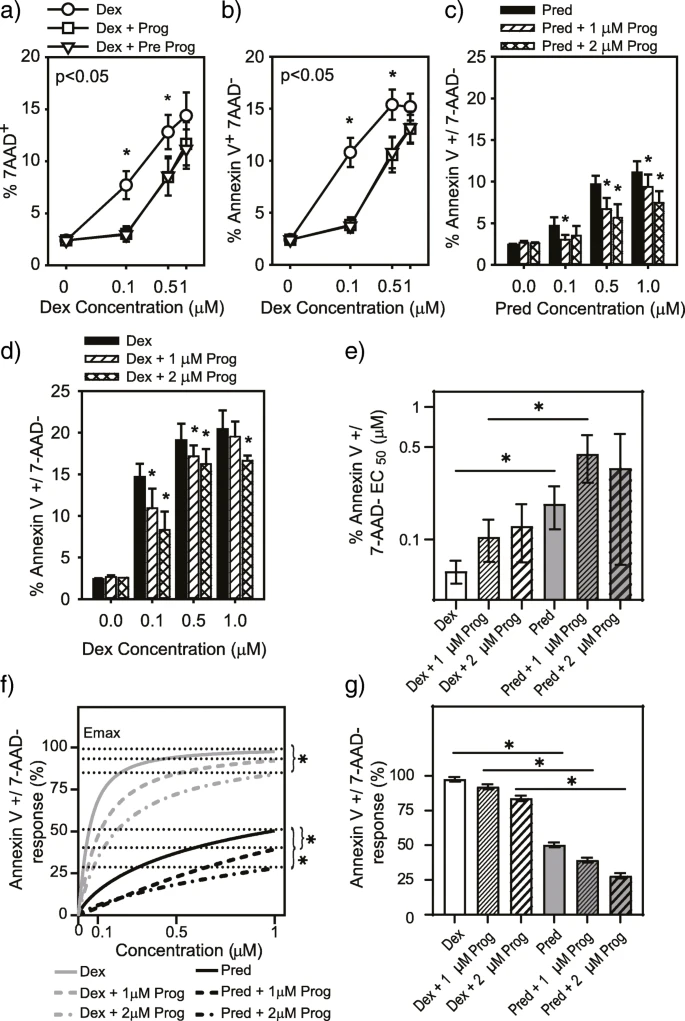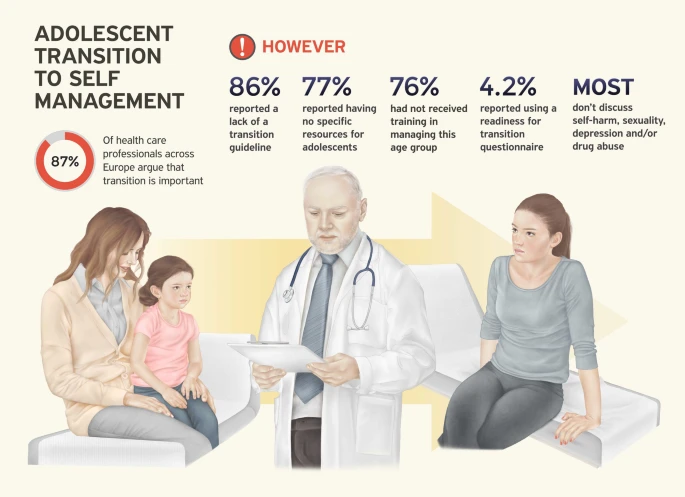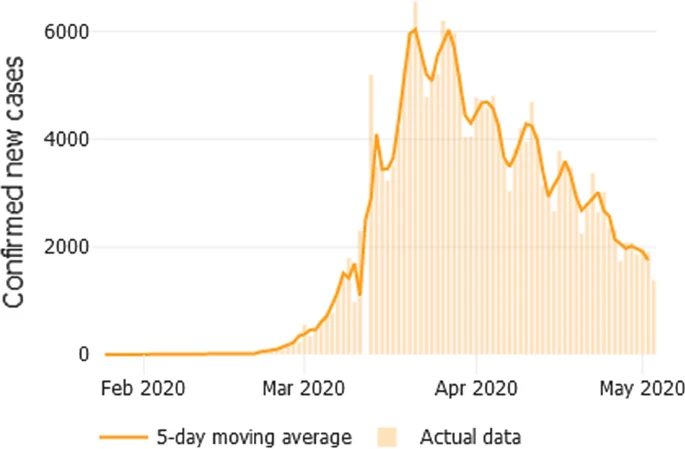Background
An increase in online searches on health topics may either mirror epidemiological changes or reflect media coverage. In the context of COVID-19, this is particularly relevant, as COVID-19 symptoms may be mistaken for those of respiratory disease exacerbations. Therefore, we aimed to assess Internet search patterns on asthma and chronic obstructive pulmonary disease (COPD) in the context of COVID-19, as compared to searches on other chronic diseases.
